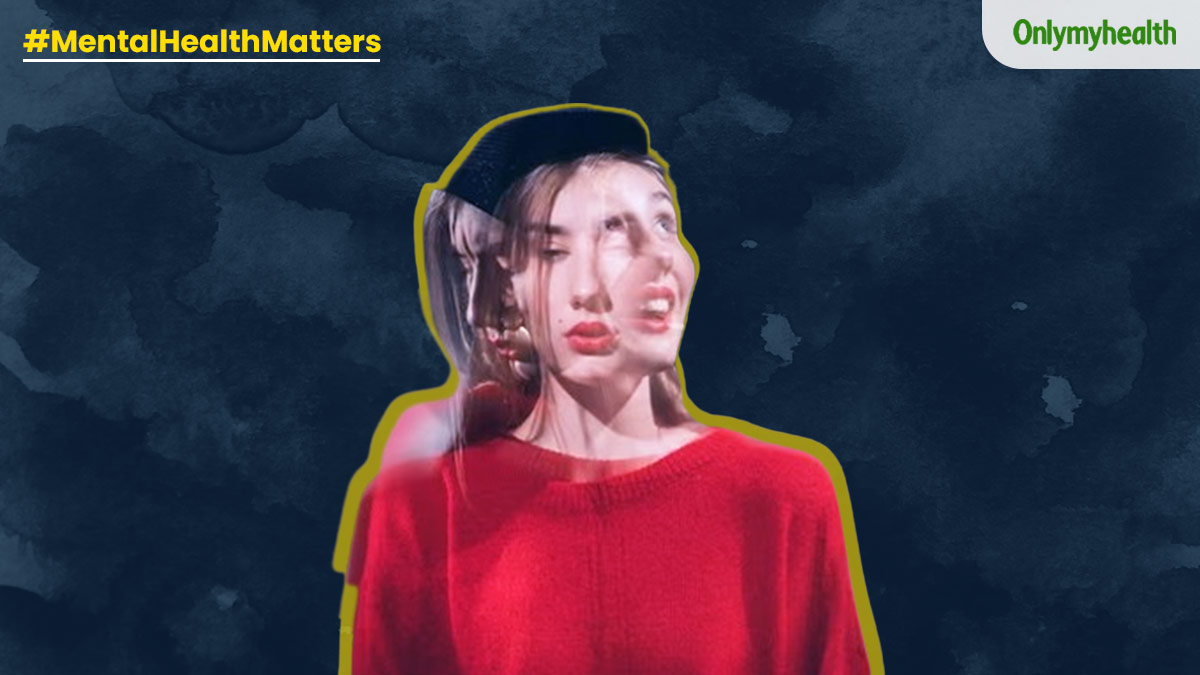
Imagine waking up one morning feeling like you're on top of the world, with more energy and creativity than you've ever had before. You start new projects, make big plans, and feel invincible. But a few days later, you crash, feeling hopeless, exhausted, and overwhelmed. You struggle to get out of bed, to focus on anything, and to find any joy in life. For many people with bipolar disorder, this is a familiar pattern.
Table of Content:-
The manic episodes can feel euphoric, but the depressive episodes can be devastating, leading even to suicidal thoughts.
In our special series, ‘Mental Health Matters’, this week we explain bipolar disorder. According to the most recent National Mental Health Survey, around 1 in 150 people have bipolar disorder, with 70% of those cases going untreated. It remains widely misunderstood, which can lead to stigma and misunderstanding for those living with the condition. In this article, we bring you insights from Dr Preeti Singh, Chief Medical Officer, Lissun (Mental Health & Emotional Wellness Startup).
What is Bipolar Disorder?

Bipolar disorder, also known as manic-depressive illness, is a mental health condition characterised by episodes of extreme mood swings. Dr Singh said, "Individuals with bipolar disorder experience periods of intense highs, called manic or hypomanic episodes, as well as periods of deep lows, called depressive episodes. These mood swings can be severe enough to interfere with daily life and relationships."
Symptoms of Bipolar Disorder

The symptoms of bipolar disorder can vary widely from person to person, and they can be different during episodes of mania or depression. During manic episodes, individuals may experience:
- Euphoria, excitement, or irritability
- Increased energy, hyperactivity, or restlessness
- Decreased need for sleep
- Racing thoughts or fast speech
- Impulsivity, poor judgement, or risky behaviour
- Delusions or hallucinations in severe cases
During depressive episodes, individuals may experience:

- Persistent sadness, emptiness, or hopelessness
- Decreased energy, fatigue, or lethargy
- Changes in appetite or sleep patterns
- Difficulty concentrating or making decisions
- Insecurities, guilt, or thoughts of suicide
Causes Of Bipolar Disorder
There is still no clear understanding of the exact cause of bipolar disorder. However, it may be a combination of genetic, biological, and environmental factors. Dr Singh also said that bipolar disorder is more likely to affect those who have a history of the condition in their families. Additionally, imbalances in neurotransmitters, such as dopamine and serotonin, may play a role in the development of bipolar disorder.
Complications of Bipolar Disorder

Bipolar disorder can have significant complications if left untreated. Dr Singh listed some of the complications that one may face as follows:
- Substance abuse or addiction
- Relationship problems or divorce
- Legal or financial problems
- Lack of social interaction or poor quality of life
- Self-harm and suicidal tendencies
Treatment for Bipolar Disorder

There are various effective ways for the treatment of bipolar disorder. A combination of medicine and therapy is usually used in treatment.
Medication
Medications such as mood stabilisers, antipsychotics, and antidepressants may be used to treat bipolar disorder. The specific medication prescribed will depend on the individual's symptoms and medical history.
Therapy
Psychotherapy, such as Cognitive-Behavioural Therapy (CBT) or Interpersonal Therapy (IPT), can also be effective. It can help people in understanding their illness more fully, creating coping mechanisms, and strengthening their interpersonal connections.
Lifestyle Changes
These may include getting enough sleep, avoiding drugs and alcohol, maintaining a healthy diet and exercise routine, and practising stress-reduction techniques, such as meditation or yoga.

Promoting Awareness and Understanding of Bipolar Disorder
The human mind is a fascinating and complex entity that can experience a vast range of emotions, thoughts, and behaviours. However, for some individuals, this range can become extreme, leading to bipolar disorder. Despite the challenges, people with bipolar disorder can lead fulfilling and successful lives with proper treatment and support. But the first step is understanding this complex condition and its impact on those who live with it. This lack of understanding can lead to stigmatisation and discrimination for individuals living with the condition. As a result, it is crucial that we work to promote awareness and understanding of bipolar disorder.
Also watch this video
How we keep this article up to date:
We work with experts and keep a close eye on the latest in health and wellness. Whenever there is a new research or helpful information, we update our articles with accurate and useful advice.
Current Version
